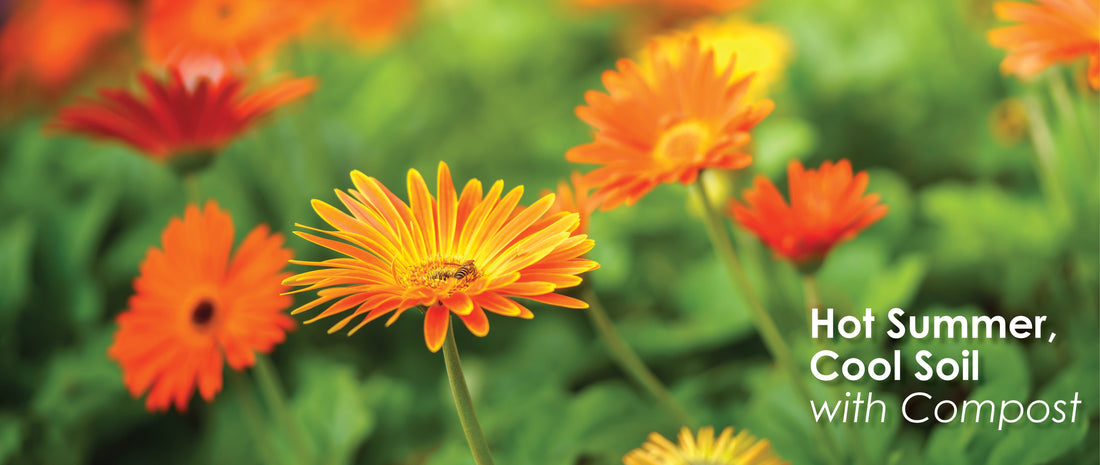""
Compost Helps Your Garden Weather the Heat of Summer
As summer temperatures soar and rainfall becomes scarce, many gardeners face the challenge of keeping their plants healthy and hydrated. One powerful, natural solution lies right beneath our feet—compost. Often referred to as “black gold” by seasoned gardeners, compost not only enriches the soil but also plays a vital role in helping plants endure the stress of hot summer days.
1. Improved Water Retention
One of the most crucial benefits of compost during summer is its ability to hold water. Compost increases the organic matter in the soil, which acts like a sponge. This helps the soil retain moisture for longer periods, reducing the need for frequent watering. When compost is mixed into sandy soil, it slows drainage; when added to clay soil, it improves aeration and drainage. Either way, it helps maintain a consistent level of moisture around plant roots—essential during hot spells.
2. Temperature Buffering
Compost acts as an insulator. The organic matter in compost helps regulate soil temperature, keeping it cooler during the hottest part of the day and warmer at night. This temperature buffering reduces stress on plant roots and prevents sudden shock due to extreme temperature fluctuations. Mulching with compost or composted mulch further enhances this protective effect.
3. Nutrient Availability in Heat
High heat can impact a plant’s ability to absorb nutrients, but compost keeps the nutrient cycle active. As compost breaks down, it slow-releases essential nutrients, making them available to plants over time. These nutrients are more readily absorbed in the presence of organic matter, helping plants maintain strong growth and resilience even under heat stress.
4. Boosted Soil Life and Plant Immunity
Healthy compost is teeming with beneficial microbes that improve soil structure and help plants access water and nutrients more efficiently. These microbes also support plant immunity, making them more resistant to pests and diseases that tend to flourish in summer heat. A healthy soil ecosystem is like an invisible support team helping your plants stay robust in extreme weather.
5. Reduced Evaporation
Applying a layer of compost on top of the soil—either alone or under mulch—reduces evaporation by shielding the soil surface from direct sun exposure. This helps maintain soil moisture and reduces the frequency and volume of irrigation needed, a vital benefit in regions with water restrictions or drought conditions.
Incorporating compost into your garden is one of the best long-term strategies for helping plants survive and thrive during hot summer days. Whether you're growing vegetables, flowers, or shrubs, compost enhances soil health, boosts water retention, and fortifies plant resilience. So before the summer heat peaks, give your garden a layer of compost—and watch it flourish even when the mercury rises.
Ready to supercharge your composting and help your garden beat the summer heat?
Try HOTBIN—a fast, clean, and efficient way to create nutrient-rich compost in just 30–90 days. Start composting smarter and give your plants the moisture-holding, heat-beating boost they need!”

